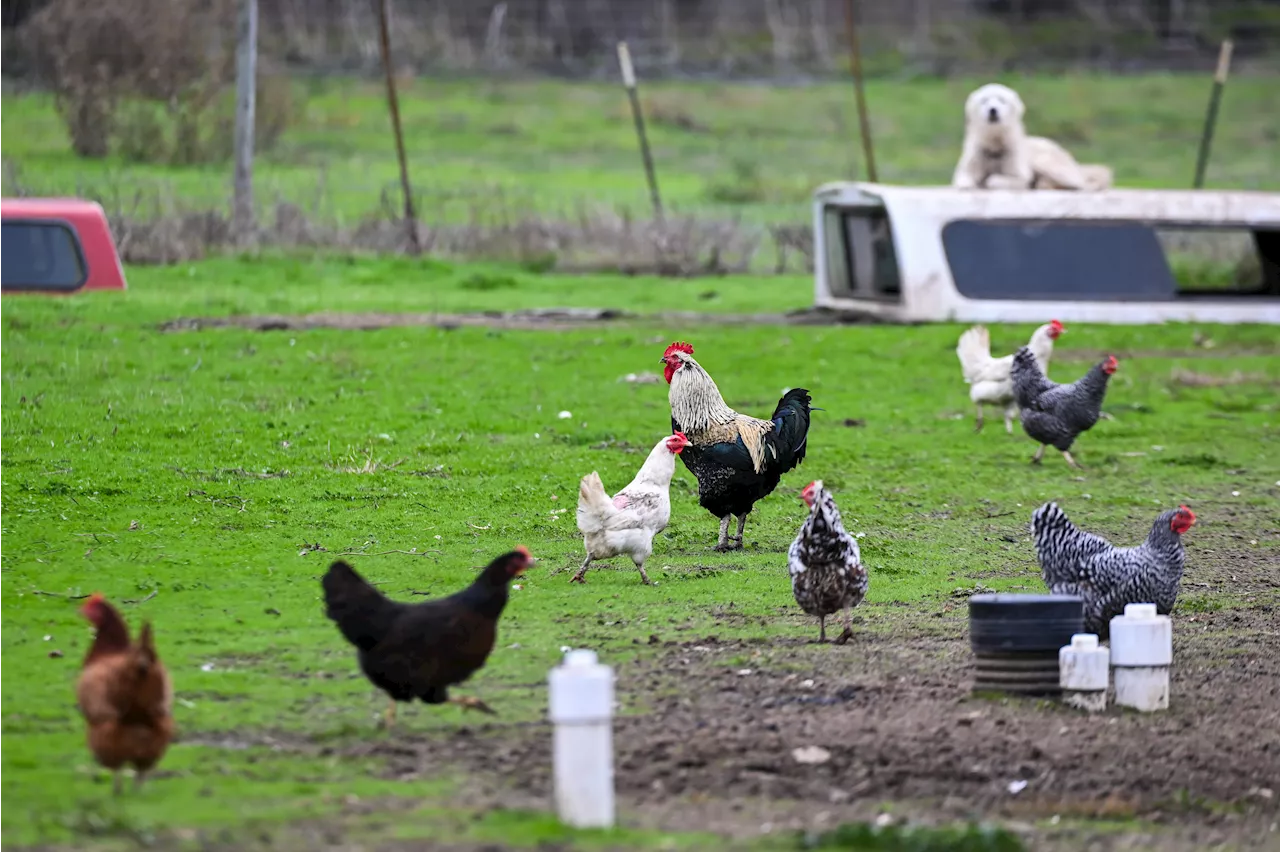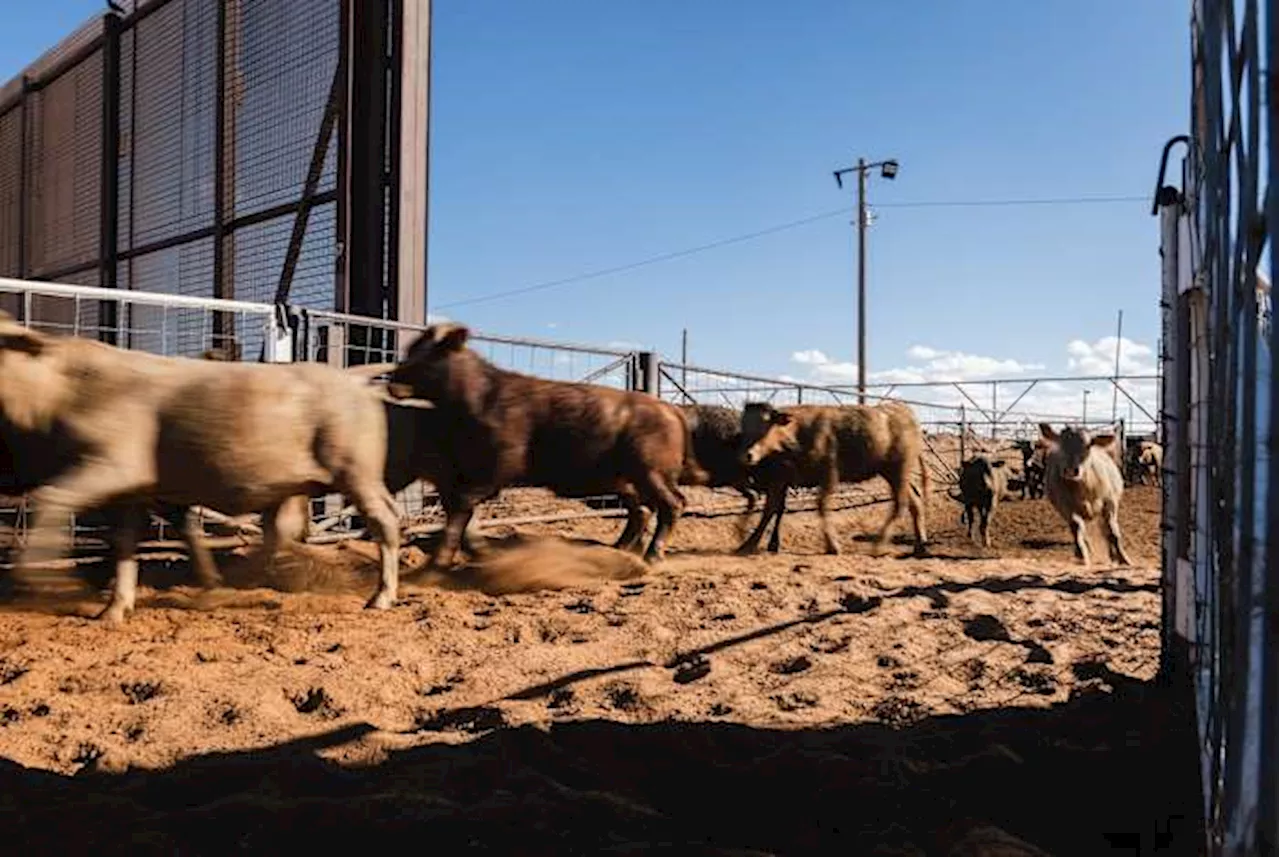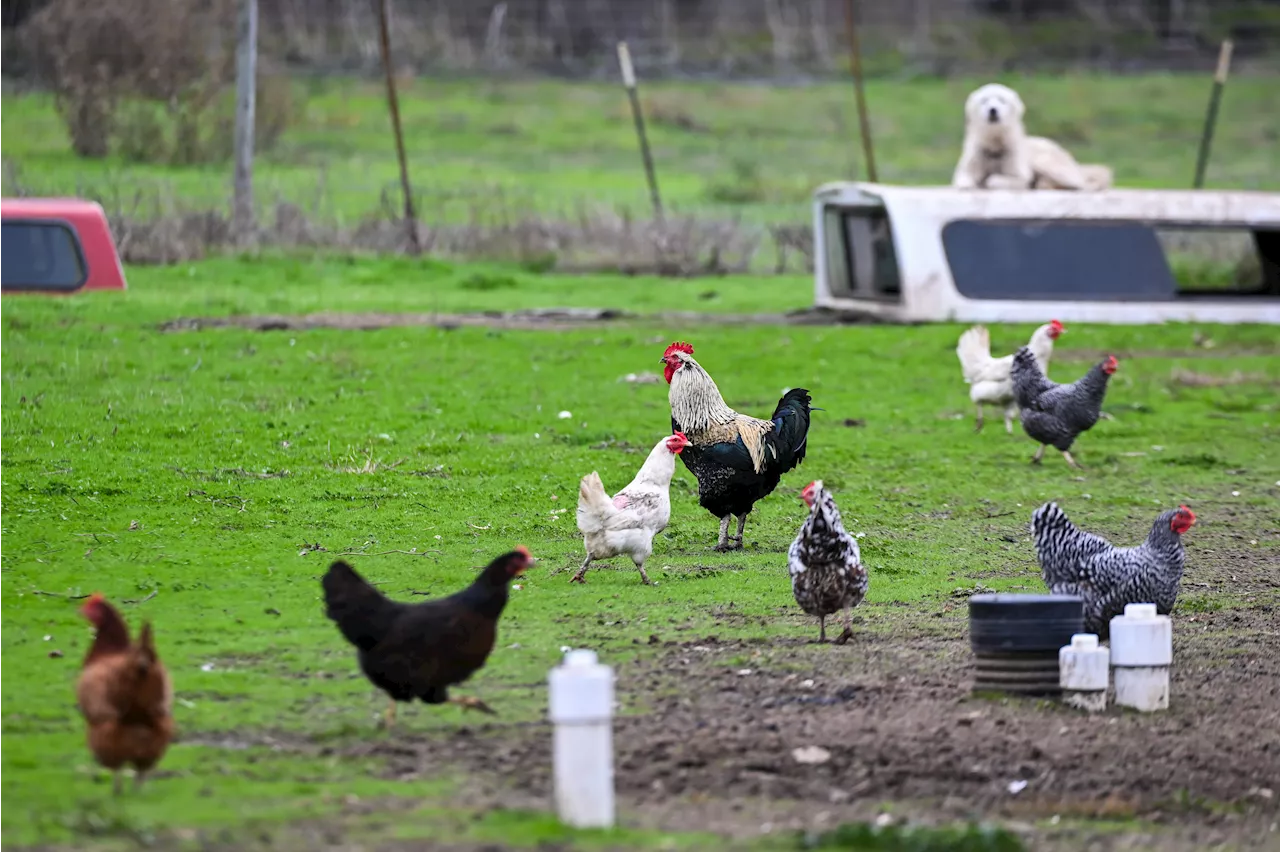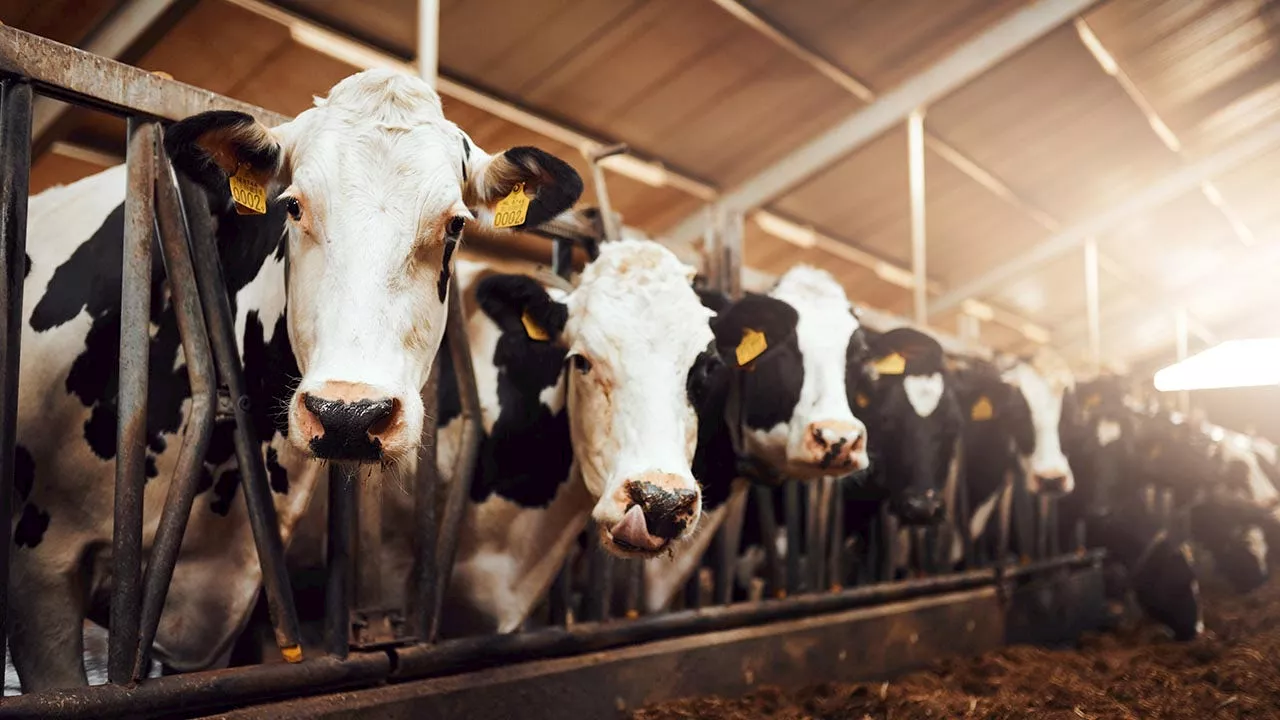The recent outbreak of bird flu, causing egg prices to spike, has raised concerns about its potential impact on humans, particularly in densely populated cities like New York. With pigeons being a common sight in urban environments, many are wondering if these birds can contract bird flu and if there is a risk of transmission to humans. Dr. Suraj Saggar, Chief of Infectious Disease at Holy Name Medical Center, addresses these concerns, explaining the low risk of human infection from pigeons and outlining the necessary precautions to minimize potential exposure.
Dr. Suraj Saggar, Chief of Infectious Disease at Holy Name Medical Center, discusses the current outbreak of bird flu . The highly contagious bird flu that has sent egg prices soaring has also sparked concern among New Yorkers about one of the city's most ubiquitous animal inhabitants – pigeons.
Dodging and weaving to avoid the city's flocks is a familiar experience for pedestrians in New York, and this close contact has many wondering: can pigeons get bird flu? And, if so, are people at risk of contracting it from them?Pigeons, thankfully, do not typically carry bird flu viruses that pose a threat to poultry or humans. So, while there is a small possibility, it's highly improbable that a pigeon you encounter will be infected with the virus, and even less likely that a human would catch bird flu from it. Doctors emphasize that most New Yorkers are at a very low risk of contracting the disease, as there have been no documented instances of human-to-human transmission. 'Human infections have all had a direct link with either chicken, livestock or dairy farms,' said Dr. Suraj Saggar, Chief of Infectious Disease at Holy Name Medical Center in Englewood, New Jersey.Dr. Saggar also states that there are currently no concerns about human infection through food, but people should continue to follow proper food preparation practices. 'You really want to avoid such practices as eating raw eggs, eating unpasteurized raw milk, because then you're setting yourself up for these types of bacteria and viruses to possibly infect you,' he advised. The CDC recommends that people should not prepare or consume uncooked or undercooked food or products, such as unpasteurized milk or raw cheeses from animals suspected or confirmed to have the bird flu virus. 'One differentiating symptom is actually infection of the eye, or conjunctivitis,' Dr. Saggar explained, but the vast majority of confirmed cases in humans have presented only mild symptoms. Dr. Saggar reassures the public that there is no need to panic at this time, but it is crucial for the country's public health systems to maintain surveillance, monitoring, and research efforts. As always, health officials encourage everyone to practice good hygiene, including avoiding close contact with sick individuals and washing hands frequently
Bird Flu Public Health Pigeons Human Infection Hygiene
United States Latest News, United States Headlines
Similar News:You can also read news stories similar to this one that we have collected from other news sources.
 Bird Flu Spreads in Chicago Area, Raising Concerns about Human TransmissionBird flu cases are surging across the US, with concerns growing in Chicago. A new mutation raises the possibility of increased human infection risk. The CDC emphasizes the low risk to the general public but urges caution and preventive measures. The IDPH and IDNR advise avoiding contact with sick birds and seeking immediate medical attention if exposed.
Bird Flu Spreads in Chicago Area, Raising Concerns about Human TransmissionBird flu cases are surging across the US, with concerns growing in Chicago. A new mutation raises the possibility of increased human infection risk. The CDC emphasizes the low risk to the general public but urges caution and preventive measures. The IDPH and IDNR advise avoiding contact with sick birds and seeking immediate medical attention if exposed.
Read more »
 Bird Flu Continues to Plague Texas, Raising Concerns About Human TransmissionThe ongoing bird flu outbreak in Texas has lasted nearly three years, impacting poultry and dairy industries. The virus has mutated across species, including humans, causing widespread concern. The article discusses the economic impact of the outbreak, the spread of the virus, and the potential for human-to-human transmission.
Bird Flu Continues to Plague Texas, Raising Concerns About Human TransmissionThe ongoing bird flu outbreak in Texas has lasted nearly three years, impacting poultry and dairy industries. The virus has mutated across species, including humans, causing widespread concern. The article discusses the economic impact of the outbreak, the spread of the virus, and the potential for human-to-human transmission.
Read more »
 Bird Flu Spreading Rapidly Through Wildlife, Raising Human Health ConcernsA new and alarming strain of bird flu is spreading rapidly through wild bird populations, infecting mammals and causing mass die-offs in South America. Scientists are concerned about the virus's ability to sustain itself in wild birds and its potential impact on human health.
Bird Flu Spreading Rapidly Through Wildlife, Raising Human Health ConcernsA new and alarming strain of bird flu is spreading rapidly through wild bird populations, infecting mammals and causing mass die-offs in South America. Scientists are concerned about the virus's ability to sustain itself in wild birds and its potential impact on human health.
Read more »
 Bird Flu Spreads, Raising Concerns About Human InfectionA new mutation in bird flu is prompting concerns about its potential to spread more easily among humans. Cases are rising across the US, impacting poultry, wild birds, and even mammals. While the risk to humans remains low, experts urge caution and recommend avoiding contact with infected birds.
Bird Flu Spreads, Raising Concerns About Human InfectionA new mutation in bird flu is prompting concerns about its potential to spread more easily among humans. Cases are rising across the US, impacting poultry, wild birds, and even mammals. While the risk to humans remains low, experts urge caution and recommend avoiding contact with infected birds.
Read more »
 Bird Flu Spreads, Raising Concerns About Human TransmissionBird flu cases are on the rise, prompting concerns about its potential to infect humans. The virus has been detected in multiple commercial flocks, backyard birds, and even mammals like eagles, flamingos, and seals.
Bird Flu Spreads, Raising Concerns About Human TransmissionBird flu cases are on the rise, prompting concerns about its potential to infect humans. The virus has been detected in multiple commercial flocks, backyard birds, and even mammals like eagles, flamingos, and seals.
Read more »
 New Bird Flu Strain Detected in Human Dairy Worker, Raising Concerns About PandemicA newly discovered bird flu strain has been detected in a human dairy worker in Nevada, marking the first known case of transmission from cows to humans. The strain, D1.1, is different from the version circulating among poultry since last year and has already resulted in human infections and deaths in other states. While the latest case was mild, experts warn that the rapid progression from cattle to human infections raises concerns about the potential for a pandemic.
New Bird Flu Strain Detected in Human Dairy Worker, Raising Concerns About PandemicA newly discovered bird flu strain has been detected in a human dairy worker in Nevada, marking the first known case of transmission from cows to humans. The strain, D1.1, is different from the version circulating among poultry since last year and has already resulted in human infections and deaths in other states. While the latest case was mild, experts warn that the rapid progression from cattle to human infections raises concerns about the potential for a pandemic.
Read more »
